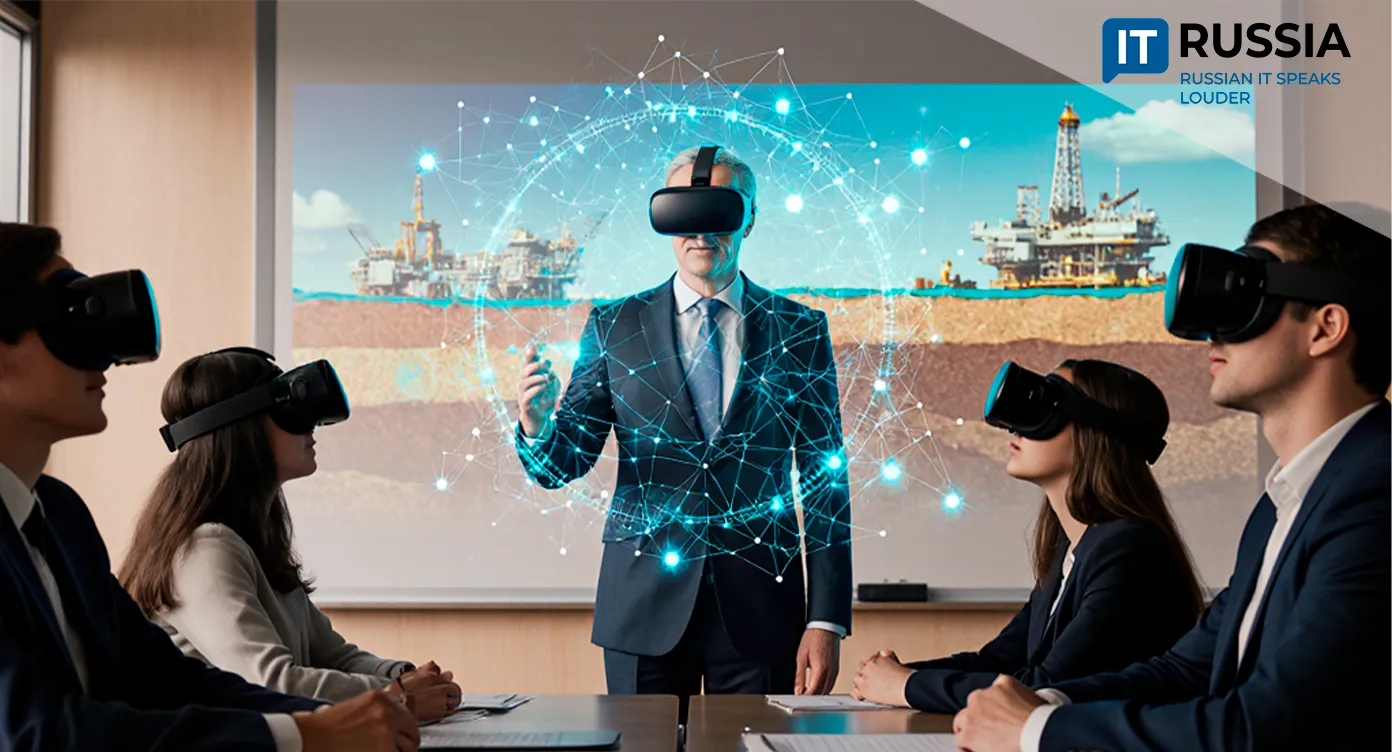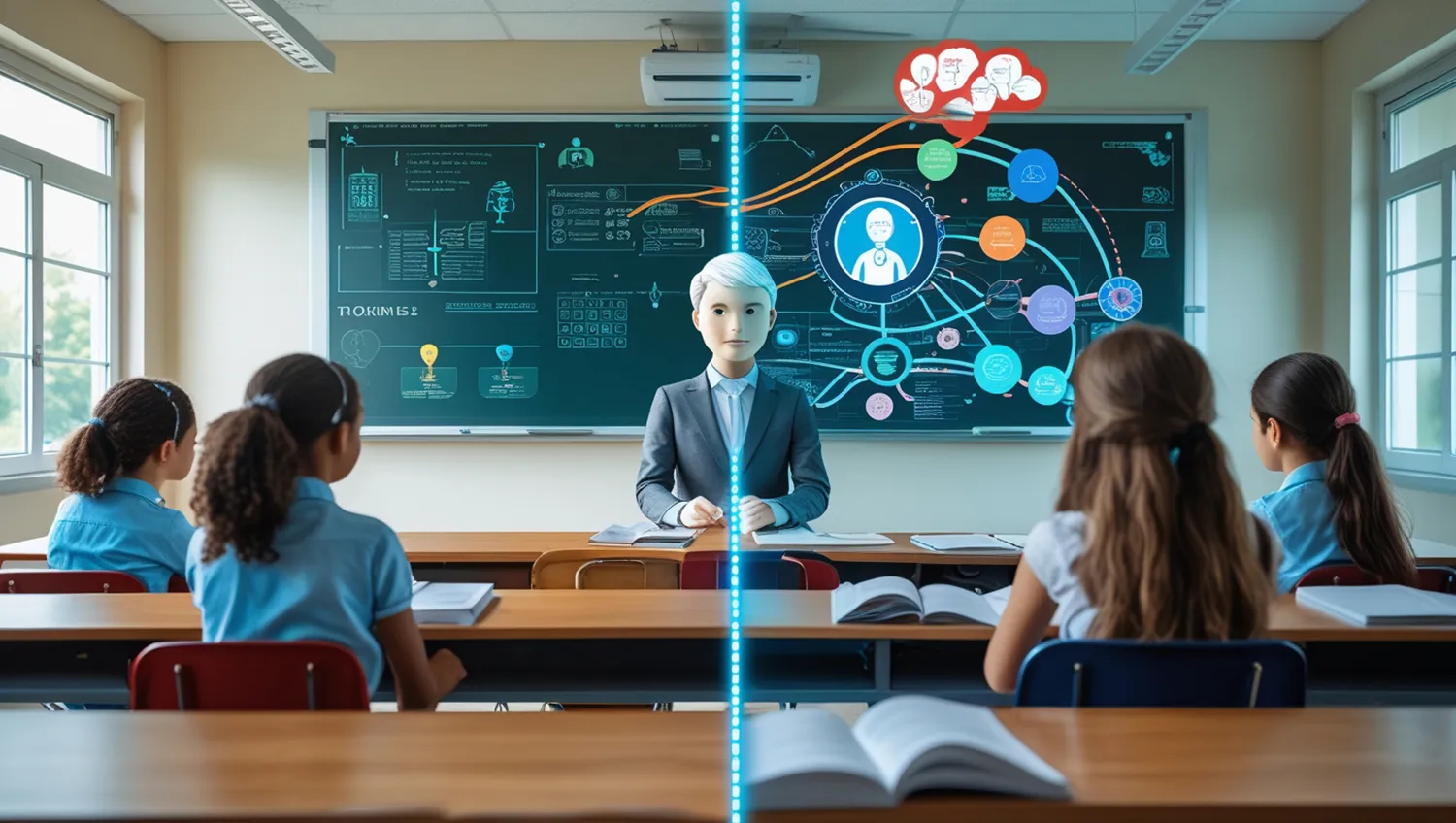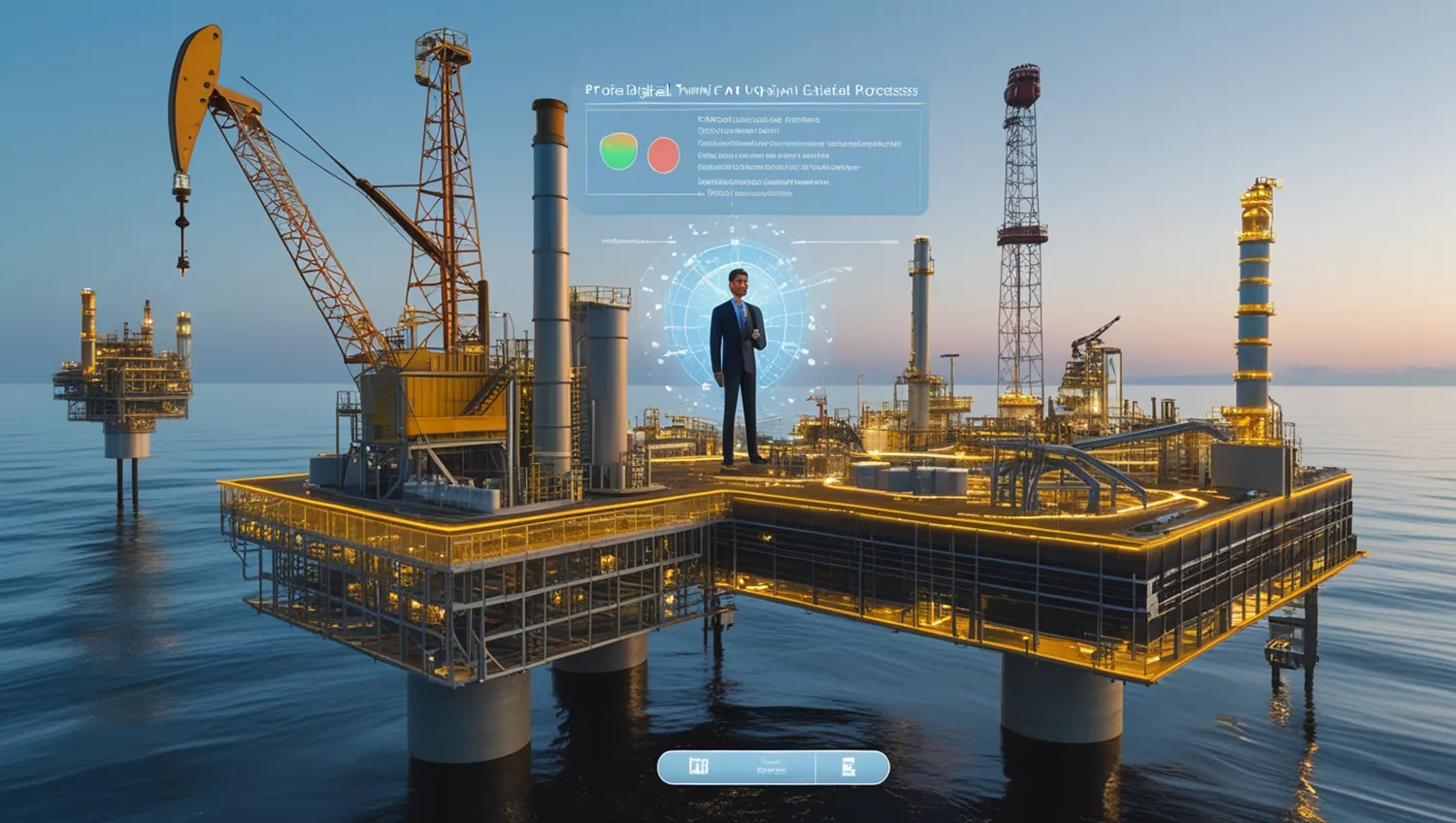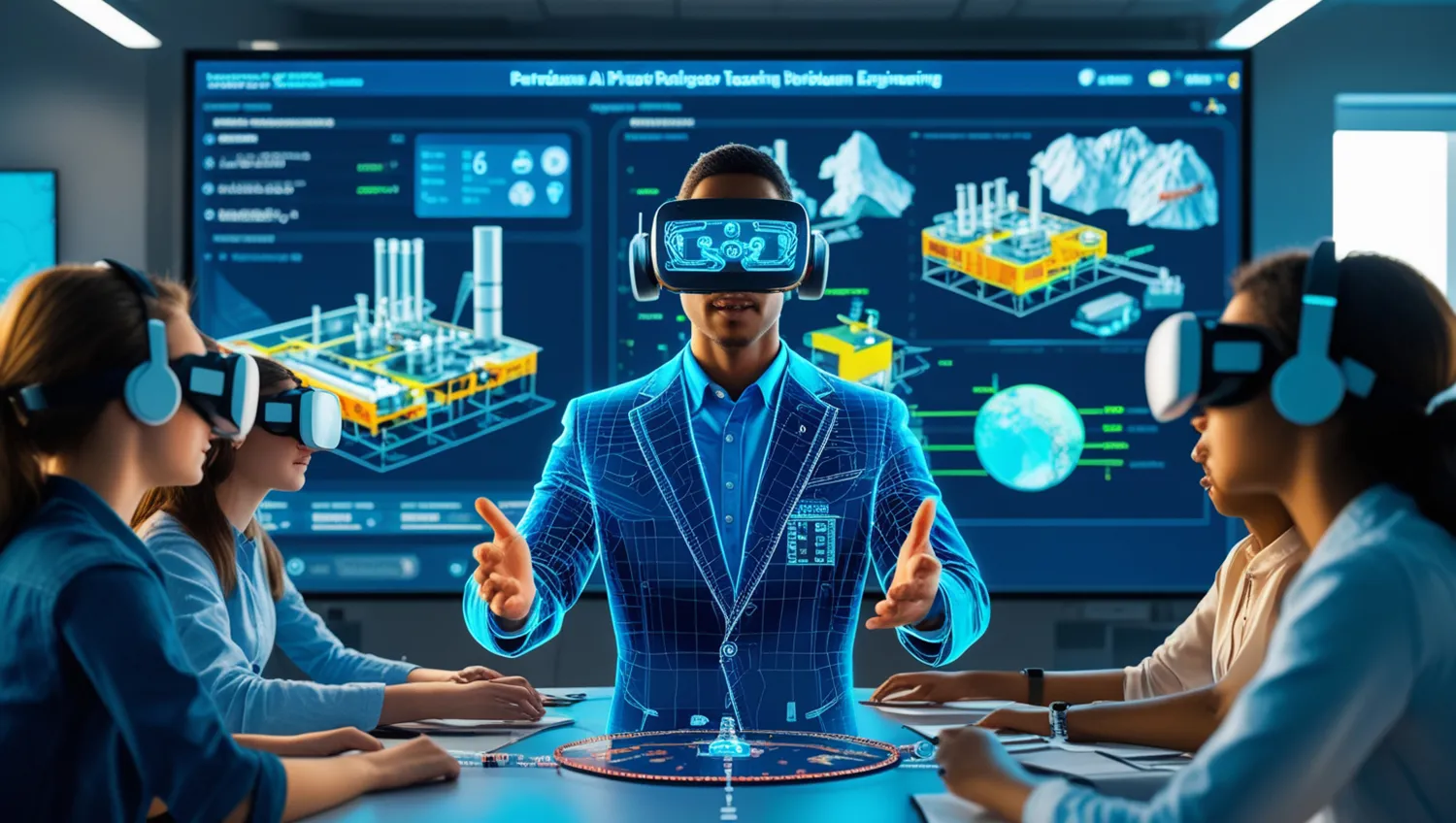Professor Goes Digital: AI Mentor to Teach Oil and Gas in Tyumen
Researchers in Tyumen are developing an AI-driven digital professor for the oil and gas industry, aiming to personalize education, reduce teaching burdens, and bring advanced simulation tools into engineering classrooms.

A Professor Who Knows It All
At the Laboratory of Immersive Educational Technologies at the Advanced School of Petroleum Engineering (PINSH) in Tyumen, scientists are building an AI-driven digital avatar of a petroleum professor. The initiative is part of Russia’s national project “Youth and Children,” overseen by the Ministry of Science and Higher Education.
The virtual mentor will cover all aspects of oil and gas education—from geology and drilling to field development and environmental concerns. Its purpose is to take routine tasks off professors’ shoulders, making instruction more personalized and accessible.
Available anytime and in multiple formats, the digital professor can explain complex relationships between disciplines, guide students through hands-on tasks, and even prepare them for exams in a conversational mode.

Bridging Theory and Practice
For the oil and gas sector, the avatar means training more qualified professionals in less time. That could close the gap between theory and practice, enhance the industry’s innovative capacity, and accelerate the adoption of new technologies.
The project may also serve as a catalyst for transforming engineering education as a whole. Discussions are already underway about integrating the model into other engineering domains, such as gas production, marine engineering, and environmental science. Regional deployment in areas like Tatarstan, Khanty-Mansi Autonomous Okrug, and Yamal-Nenets Autonomous Okrug would allow adaptation to local conditions and technologies.
Of particular importance is the use of virtual labs and simulators, which can strengthen hands-on training. For disciplines where theory is ineffective without practice, this tool could prove essential. The platform could even be tailored to specific oil fields, regional economies, and local challenges.
Above all, developers emphasize the need for high-quality training data, ensuring the AI avoids errors and maintains user trust.

From Operating Rooms to Nuclear Reactors
Around the world, immersive technologies are moving quickly, especially in the United States, Europe, and China. Medicine and engineering already use VR simulators to train complex skills.
Russia is also advancing in this space. At the National Research Nuclear University MEPhI, students use VR headsets to simulate operations at a nuclear power plant. Tomsk Polytechnic University has created a VR copy of Russia’s only operating educational nuclear reactor for hands-on training. At Southern Federal University, researchers have built a VR/AR lab to provide immersive experimental environments for graduate students in physics and mathematics.
This global trend underscores the importance of Russia’s own initiatives in immersive education.
Working Alongside Real Professors
A pilot version of the digital professor is expected to be tested in Russian universities in the coming years. Gathering feedback from both students and instructors will be critical to improving the system. After that, the project will scale across the oil and gas university network, broaden its thematic scope, and integrate VR/AR technologies. An export component is also on the horizon.

In the long term, digital avatars could become a standard part of education. They will work alongside human instructors, helping optimize teaching, cut costs, and expand access to quality instruction. In this future, AI is not meant to replace humans but to support them—in science, education, and industry.










































